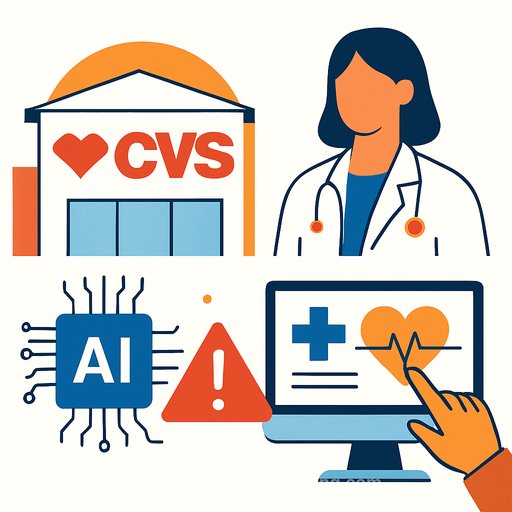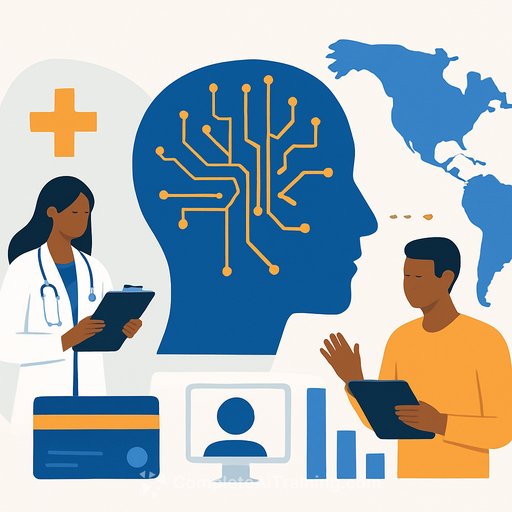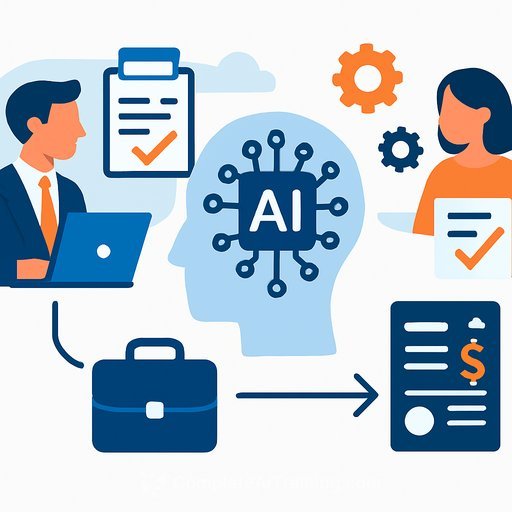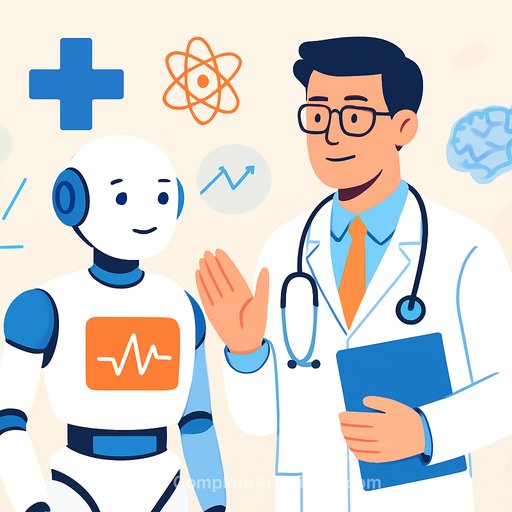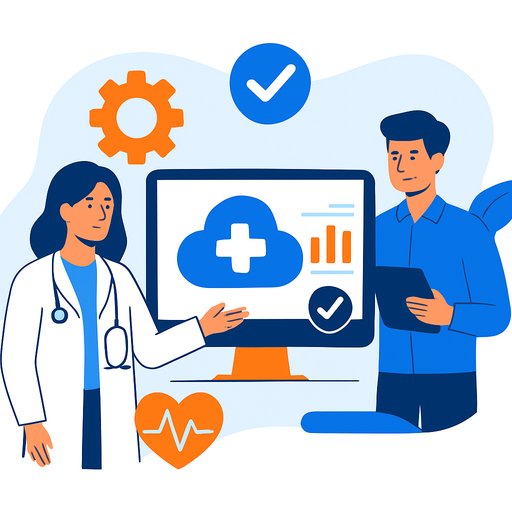Inside CVS’s Bold AI Health Care Plan—and the Tech Chief’s Warning for the Industry
"This is health care's opportunity to really leapfrog," says Tilak Mandadi, executive vice president of ventures and chief experience and technology officer at CVS Health.
The global AI health care market is expected to exceed $180 billion by 2030. From easing administrative tasks for physicians to serving as patients' first point of contact and accelerating medical research and diagnosis, AI is reshaping how health care operates. According to the American Medical Association, two-thirds of physicians now use AI, a 78% increase since 2023.
CVS Health ranks fifth on the Fortune 500 and operates the largest pharmacy chains in the U.S. Its clinical services include CVS Caremark and MinuteClinic. Since joining CVS Health in 2022, Tilak Mandadi has pushed for innovation to disrupt traditional health care. With a background spanning hospitality and finance—including leadership roles at MGM Resorts, Disney Parks, and American Express—Mandadi brings a fresh perspective to health care technology.
Why Focus on AI in Health Care?
Mandadi points out that health care has historically lagged behind other industries in technology adoption, similar to how some developing regions skipped landlines and went straight to cellular technology. He sees AI as the leapfrog moment for health care—ready to simplify processes and improve outcomes.
Clear AI Use Cases at CVS Health
One example is care management for patients undergoing stressful treatments like cancer. Nurse practitioners used to spend 40% of their time preparing for calls. AI has cut that prep time to just 5%, allowing nurses to spend more time directly supporting patients.
Another use is AI-generated call summaries. Staff who call patients typically spend as much time summarizing calls as making them. AI now records and summarizes these conversations, cutting down administrative work. Mandadi sums it up: AI takes the "stupid" work out, freeing team members to focus on meaningful tasks.
Transforming the Health Care Experience
The top priority at CVS Health is improving the health care experience. Better experiences boost patient engagement, which builds trust in doctors and the system. This trust fosters behavior change that leads to improved health and longevity.
AI supports this by identifying patients who might struggle with medication adherence. By proactively engaging these individuals, CVS can help them stay on track. Simplifying health care through AI encourages people to take control of their health journey, which is often overwhelming due to system complexity.
Balancing Technology with Human Touch
Mandadi emphasizes that technology should enhance, not replace, human interaction. CVS Health values personal care and aims for AI to support staff rather than remove the human element.
CVS is committed to responsible AI use, avoiding bias and ensuring transparency. AI helps with data collection and administrative tasks, but crucial health decisions remain in the hands of qualified humans.
Data Ownership and Interoperability
Patients should own their health data. They can consent to share it, but control should remain with them. Currently, health records are scattered, making it difficult for patients to access a complete picture.
CVS aims to improve interoperability among pharmacy benefit managers, providers, health systems, and plans, allowing data to flow smoothly and improving the overall experience.
Looking Ahead: What Success Looks Like
Mandadi sees AI transforming six key areas over the next decade:
- Access: Empower pharmacists to provide more care and make health services more accessible through technology.
- Cost Transparency: Provide clear, real-time information on health care costs so patients know what to expect before procedures.
- Quality and Longevity: Use technology to help people live longer, healthier lives.
Within five years, health care will look very different. Patients may use the CVS app to consult an AI agent for initial diagnoses, then seamlessly connect to a human doctor, all in real time. This one-stop approach removes the burden of managing a complex system.
The Future Workforce in Health Care
Mandadi advises against creating isolated AI leadership roles like a chief AI officer. Instead, AI should be integrated across roles, enhancing daily workflows for medical officers, service reps, and support staff. Everyone will use AI tools to improve their performance and patient care.
For health care professionals interested in developing AI skills that align with evolving industry demands, exploring specialized courses can provide practical knowledge and growth opportunities. Resources like Complete AI Training's latest AI courses offer targeted learning paths.
Your membership also unlocks:

